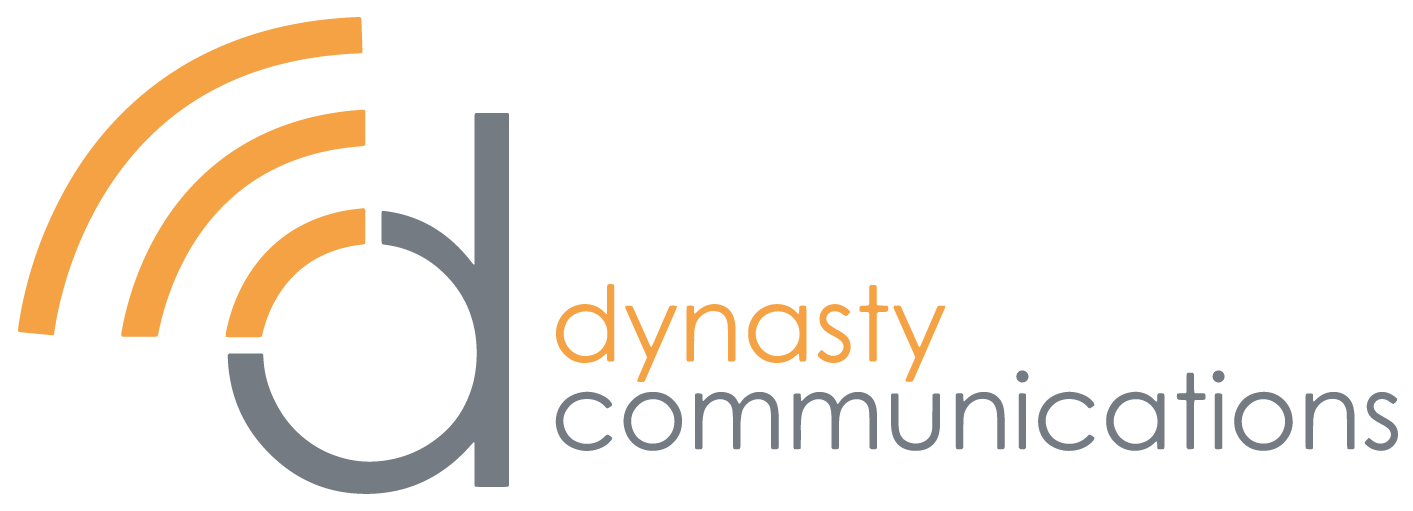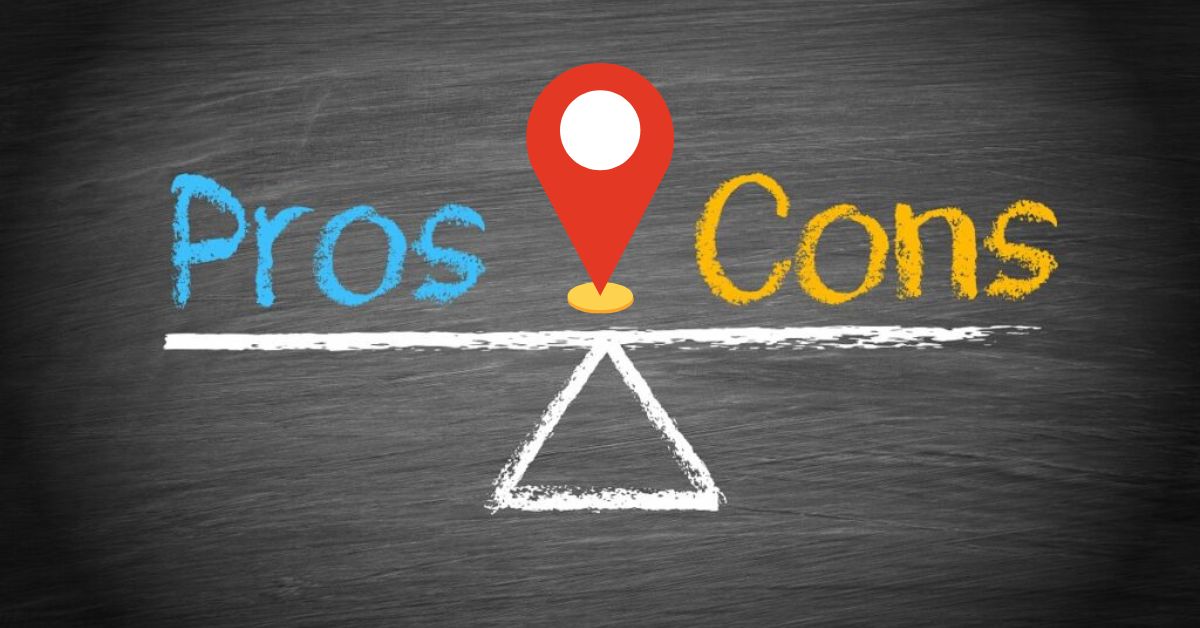Innovations continually redefine our interactions and explorations in the dynamic world of technology. Among these, GPS stands as a transformative marvel, revolutionizing navigation. Its advantages are evident; for example, precise location tracking empowers seamless journeys, aiding in route planning and efficient travel. Nonetheless, these conveniences present various worries.
Over-reliance on GPS may dull our innate navigation skills, and its omnipresence raises privacy apprehensions as our movements are tracked. Moreover, signal limitations in remote areas could render GPS tracking systems for fleet management, highlighting potential drawbacks.
Despite these considerations, GPS remains an indispensable tool, offering unparalleled guidance and enhancing our lives in many ways.
Let’s delve into the world of GPS and reveal its multifaceted nature, showcasing the remarkable advantages of GPS as well as its disadvantages in our tech-driven landscape.
A Brief Overview of the Features of GPS
GPS refers to the Global Positioning System, a satellite-based navigation system for a location anywhere on or near the Earth, in all weather conditions, 24 hours a day, without subscription fees or setup charges. Following are the key features of GPS.
- Location Tracking
- Navigation Assistance
- Time Synchronization
- Speed Calculation
- Geotagging
- Emergency Services
- Surveying and Mapping
- Weather Forecasting
- Agricultural Applications
- Military and Defense
- Aviation and Transportation
- Asset Tracking
These features collectively make GPS an indispensable tool across various industries and everyday applications, revolutionizing how we navigate, communicate, and conduct activities reliant on precise positioning and timing data.
Despite its limitations, the features of GPS remain a foundational technology that has transformed navigation and positioned itself as an indispensable tool across countless industries and daily activities, providing unprecedented precision and reliability in determining location and time information.
Role of GPS in Daily Life
GPS plays a crucial role in our daily lives, including transportation, agriculture, surveying, disaster relief operations, scientific research, and military operations. The benefits of GPS include incredible services, like location tracking, but it also has limitations.
Signal obstruction, such as tall buildings or dense foliage, can interfere with accuracy. Moreover, signal reception may be weaker in some areas, affecting precision.
GPS provides highly accurate time information, contributing to time synchronization in various sectors such as telecommunications, financial transactions, and scientific research, ensuring precise timing for critical operations.
It aids in outdoor activities such as hiking, camping, boating, and fishing by providing location information, trail maps, and safety assistance, enhancing the overall experience and safety for enthusiasts.
GPS has become an integral part of modern life, contributing significantly to convenience, safety, efficiency, and innovation across various industries and daily activities.
Advantages of GPS
GPS is the guiding star of modern navigation and offers a variety of advantages that have revolutionized how we traverse the world. Suppose you are on a road trip, relying on GPS to guide you through unfamiliar terrains, find the quickest routes, avoid traffic jams, and discover hidden gems.
It is like having a heavenly navigator in your pocket, ensuring you never get lost, no matter how far off the beaten path you wander. Beyond travel, GPS plays an important role in logistics, enabling efficient package deliveries and optimizing supply chains.
In emergencies, it becomes a beacon of hope, aiding search and rescue missions by pinpointing exact locations swiftly. Moreover, agriculture revolutionizes farming practices, guiding precision farming techniques to maximize yields while minimizing resources. These are just a few plus points in the vast map of GPS advantages.
Disadvantages of GPS
In the era of modern technology, while GPS shines as a guiding beacon, it is not without its divine shadows. If you are on an adventure, there are better ideas than relying solely on GPS for navigation only to find yourself in a remote area with poor signal reception. The digital compass guiding your way loses its bearings, leaving you stranded without a reliable map or direction.
This dependency on GPS can sometimes dull our natural sense of direction, making us more reliant on technology for basic navigation skills. Additionally, in bustling cityscapes or dense forests, where satellite signals struggle to penetrate, the accuracy of GPS might falter, leading to confusion or inaccurate positioning.
Concerns about privacy and security also emerge, as our movements tracked by GPS can raise apprehensions about data privacy and surveillance.
Moreover, in critical situations, GPS signal interference or intentional jamming could pose risks, affecting emergency services or crucial navigation systems.
Wrap Up!
In our journey through the world of GPS, we have uncovered its advantages, guiding us seamlessly through unknown paths and transforming industries. Yet, within its brightness lie shadows signal limitations, privacy concerns, and potential over-reliance, prompting a balanced approach to navigation.
However, despite these fine distinctions, GPS is an indispensable guide, illuminating our journeys and critical endeavors. Each advantage and drawback is a star, shaping our reliance on this transformative technology.
Taking up the benefits of GPS while acknowledging limitations allows us to choose confidently in this evolving technological era.
Therefore, let’s keep exploring and learning, guided by GPS and our natural navigation skills.
Frequently Asked Questions
What is the importance of a vehicle tracking system?
The vehicle tracking system provides exact vehicle location data for real-time monitoring, fleet management, and security
enhancement.
What might be a drawback of GPS Technology?
GPS technology’s vulnerability to signal failures in crowded cities or isolated places with poor satellite reception is a disadvantage.

